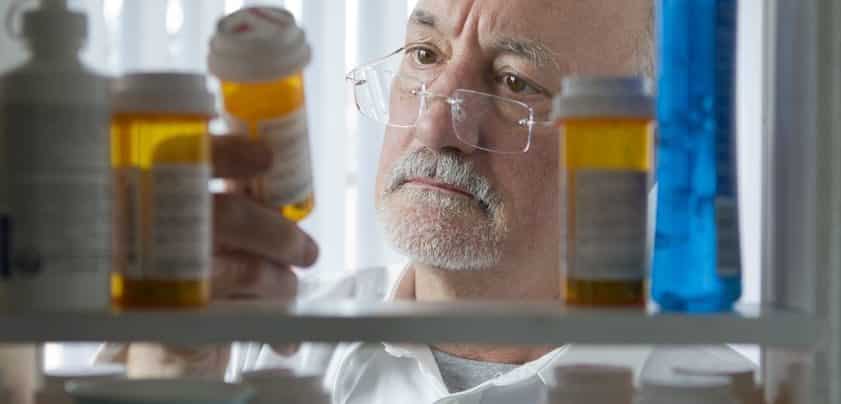On November 13, 2017, the U.S. Department of Transportation disrupted the drug testing industry in a powerful and meaningful way.
Effective January 1, 2018, the DOT drug test panel will include hydrocodone, hydromorphone, oxycodone and oxymorphone.
Some common names for these semi-synthetic opioids include OxyContin®, Percodan®, Percocet®, Vicodin®, Lortab®, Norco®, Dilaudid®, Exalgo®. Generally prescribed for acute pain (post-injury or post-surgery), these medications are very addictive and commonly abused. Many heroin addicts begin with these drugs before they “graduate” to heroin.
Since most employers do not test for these drugs, they are often not detected in workplace testing. For those of us who share the highways, rails and skies with regulated operators, this means improved safety.
A welcome change
The updated DOT drug test panel will look like this:
- Marijuana
- Cocaine
- Amphetamines (including methamphetamine and MDMA)
- PCP
- Opioids (codeine, morphine, heroin, hydrocodone, hydromorphone, oxycodone and oxymorphone).
Even though it appears to be what we would call a “5 Panel + Expanded Opiates” panel, the DOT refers to it as 5 panel test. There will no doubt be some confusion about that.
There will be more positive results.
And some will be legitimate prescriptions. This is where the Medical Review Officer’s critical role comes in.
DOT testing requires that all results be MRO-reviewed. And all properly managed non-DOT drug testing programs include medical review.
If the donor produces a prescription, the MRO reports it as a negative. S/he then has 5 days to verify the scrip and determine whether there is a safety concern. A modified result (“Negative with a Safety Concern”) may follow.
MRO Review is Seriously Important.
We have had a number of conversations recently with companies that are testing without an MRO. A company that drug tests without MRO review is vulnerable to all kinds of problems, including lawsuits.
If You Have DOT-Regulated Employees (and even if you don’t) …
Your substance abuse policy should require employees to disclose whether they take any medications that may make them unsafe at work. Even if you don’t test for them.
Safety AND Health are critical to workplace safety.
It is encouraging to see that the U. S. Department of Transportation has taken this step. There are many “under-the-radar” addicts out there who will be detected and offered help. If they are unsafe to drive, they will be off the road. That’s good for all of us.
If your company does not have regulated employees, and you are not testing with an expanded panel (or an MRO!), this would be a good time to consider it.
Whether you’re a current client, or would like to be one, contact InOut Labs for guidance.
If you think this article may be valuable to someone else, please feel free to share it!

